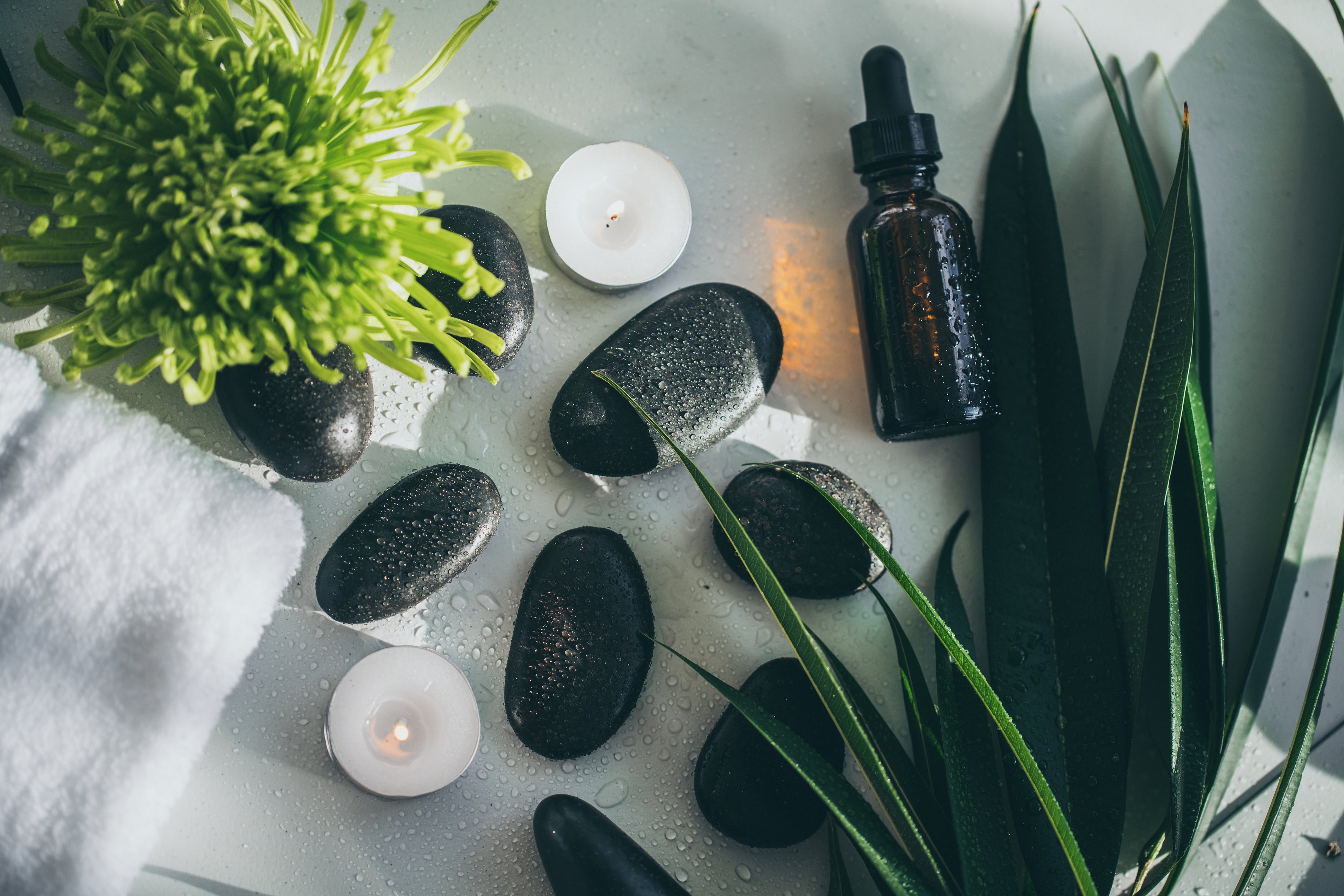
essential oils for your natural home and health
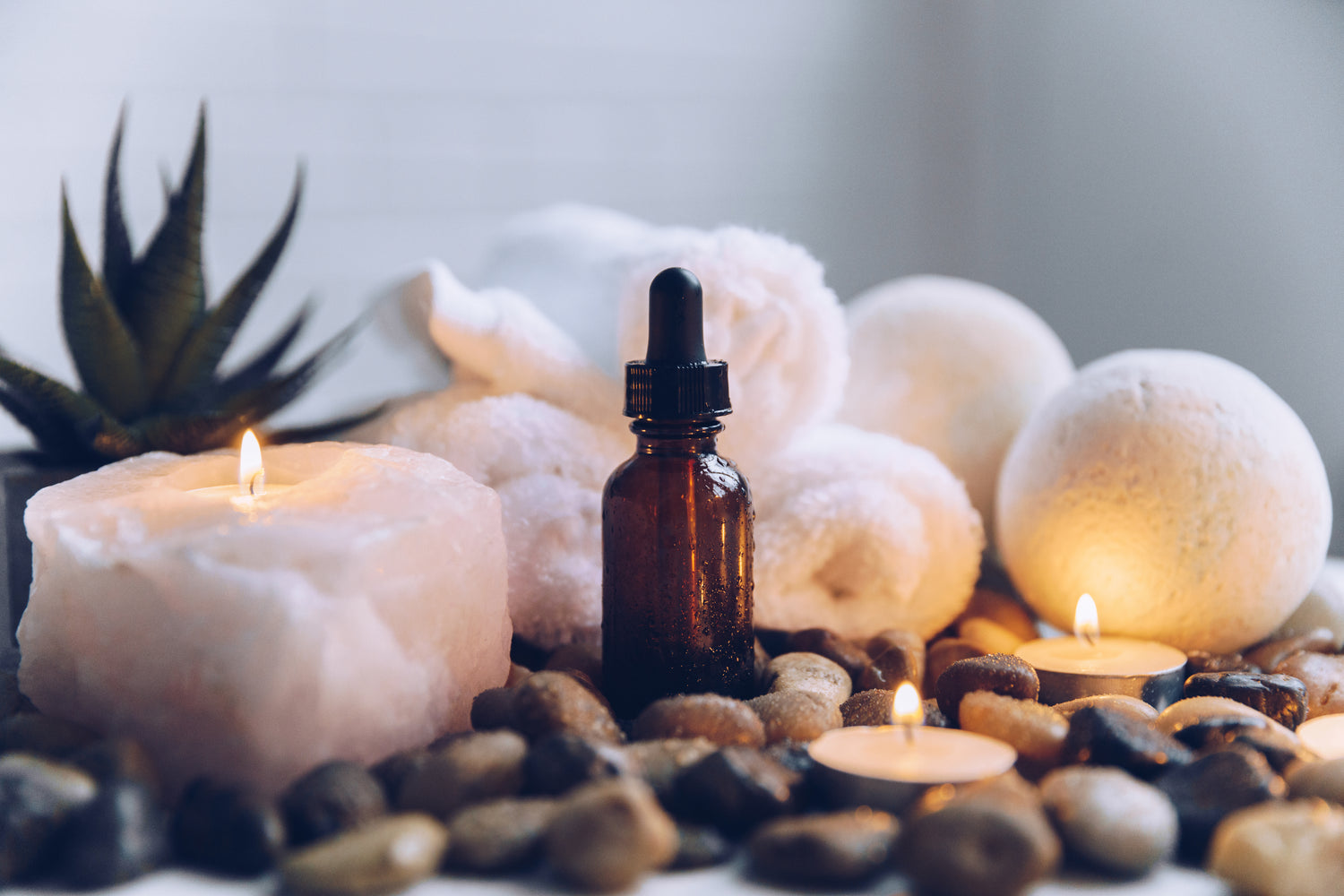
Essential oils can be enjoyed in any of the following ways:
DIFFUSION - The easiest way to gain benefits from aromatherapy is to breathe the fragrance of essential oils through diffusion. Diffuse an essential oil through the use of an Electric Diffuser, Tea-light warmer or Aromalamp, A diffuser in your home or office will keep you vivid and alert. One next to your bed will help loosen tight muscles and bring deeper relaxation.
MASSAGE - Massage combines the properties of essential oils with the therapeutic power of touch. Create your own massage oil by adding 12 to 25 drops of an essential oil per ounce of carrier oil (such as Jojoba or Sweet Almond Oil) or to a lotion base. Use half the amount for sensitive skin. For children, use 6 drops of an essential oil per ounce. Use for a full body massage or spot massage.
BATHS - Bathing combines the benefits of essential oils with hydrotherapy. Add 5 to 10 drops of essential oil to the bathtub and gently stir to fully disperse the oil. Soak 15 minutes while you inhale the vapor. Make a bath oil by adding 12 to 15 drops of an essential oil per ounce of carrier oil (such as Jojoba or Sweet Almond Oil). Bath Oils can also be applied to moist skin after your morning shower.
LAUNDRY - Add 2 to 3 drops of an essential oil to your rinse cycle. Or add drops to your wool dryer ball to scent your clothes and linens
STEAM INHALATION - Specifically for respiratory ailments, fill a pot with 2-3 quarts of very hot water. Add 5 to 8 drops of essential oil. Position your face 10 - 12 inches above the water, draping a towel over your head and around the sides of the basin. Breathe in the steam for several minutes. You can also add 4 to 8 drops of your favorite essential oil to the water of your humidifier.
INHALATION - Start with 2 to 3 drops of essential oil applied to a handkerchief, tissue or pillow case. Hold under your nose and breathe.
COMPRESSES - Add 8 to 10 drops of an essential oil to 8 oz. of hot or cold water. Submerse a cloth in the water, wring it out and place it on the area needing healing. Hot compresses for muscular pain and cramp relief. Cold compresses for swelling or headache.
TOPICAL APPLICATIONS - Lavender or Tea Tree can be applied neat to a small area of skin for a cut, bruise, or blister, etc. Compresses or massage treatments can also be given (see above). Essential oils can also be added to lotions, alcohol or vodka for a brisk rub.
AIR FRESHENERS - Effective and all-natural. Add 25-30 drops of an essential oil to 2 ounces of distilled water in an atomizer spray bottle. Shake well before each use.
POTPOURRI - Add 10 to 20 drops of an essential oil to potpourri that has lost its scent.
MORE HOUSEHOLD USES - Add a few drops to your vacuum bag or to some baking soda to sprinkle on your carpets, then vacuum. Add a few drops of Grapefruit or Tea Tree to your garbage cans before putting in a new liner. Put a few drops of Cedarwood on wood blocks to scent your drawers or closets.
Essential Oil Properties and Applications
-
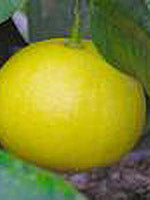
Bergamot essential oil
Citrus bergamia
Properities:Bergamot a light, fresh, floral citrus scent that is uplifting, rejuvenating, and balancing. It helps to reduce fatigue due to stress, restores appetite, strengthens the immune system and is generally calming. Known for scenting Earl Grey Tea, it is a favorite of perfumers.
Applications:Bergamot essential oil is known to help relieve skin irritations, and is helpful in the treatment of eczema, psoriasis, acne, wounds and ulcers.
We love bergamot essential oil as a home fragrance in our oil warmer. -
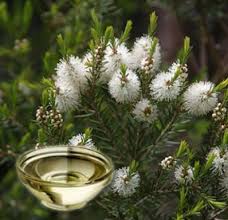
Cajeput essential oil
Melaleuca cajuputi
Properties:
Cajeput essential oil is a cousin of Tea Tree. It is a powerful stimulant and natural antimicrobial, antiseptic, antidepressant, anti-inflammatory, sedative and detoxifier.
Applications:
Cajeput is our #1 essential oil to relieve itch from insect bites, especially fire ants. Use directly on skin for itching or to clean wounds.
Diffuse it as a good air purifier that reduces the spread of the common colds and other viruses. It is also useful in the treatment of chronic pulmonary diseases, asthma, sinus trouble, gingivitis, earaches and cystitis. -
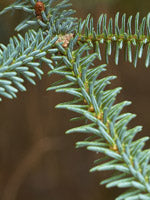
Cedarwood essential oil
Juniperus virginiana
Properties:Cedarwood is a pungent and woodsy scent, sometimes reminiscent of sandalwood. Famous for its calming effect, it relaxes tension and promotes sleep. Use it in skincare products to helps combat acne, oily skin, greasy hair and dandruff.
Applications:Use cedarwood in bath oils for a relaxing soak. Add it to home fragrance products or blend with water and spritz your pet's bed for a fresh clean scent.
Our #1 oil for deterring moths and other insects from your home.. Add drops to a small blocks of wood and place in your drawers and closets.
-
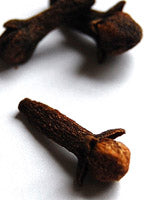
Clove essential oil - Eugenia caryophyllata
Properites:Clove a warm, spicy and aromatic oil. It is most effective as an antiseptic and stimulant when diffused.
Warning: Clove essential oil is a hot spice oil, and can burn skin and mucous membranes if used on the skin undiluted. Avoid during pregnancy. Not for use on babies or young children.
Application:
Diffuse clove essential oil for mental stimulation and to enhance concentration,Clove oil is a wonder for toothaches and abscesses when dabbed on the tooth very, very carefully.
Clove blends well with lavender, bergamot, orange, vanilla, ylang ylang and other florals. Clove oil is wonderful in potpourris. -
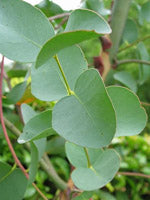
Eucalyptus essential oil - Eucalyptus radiata
Properties:Eucalyptus is famed as an expectorant, decongestant, insecticide, analgesic, antirheumatic and antiseptic.
Eucalyptus inhibits proliferation of the cold virus. It makes breathing easier and is one of the most valuable oils for treating the respiratory system.
Application:House cleaning: Make a spray using 2% eucalyptus oil with water to kill 70% of local and airborne staphylococci.
Add drops to a steam bowl or bath and inhale! Mix with a carrier oil before using on skin to soothe tendonitis or joint pain.
#1 oil for congestion. A few drops on a tissue and inhale. Opens sinuses instantly when congested from a cold or allergies. -
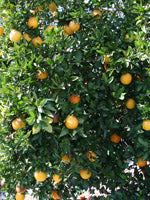
Grapefruit essential oil - Citrus paradisi
Properties:Grapefruit oil is a wonderfully energizing and stimulating oil making it a wonderful choice to reduce stress and balance moods. A natural antimicrobial, grapefruit can remove toxin buildup, brighten skin, and combat acne. (Do not use directy on skin).
Application:Wonderfully uplifting and within aromatherapy work, grapefruit it is used to help treat mood swings, anger, depression and stress.
A natural appetite suppressant, grapefruit oil is commonly used as a weight management tool. It acts as a good for balancing oily skin and hair, and is a useful addition to facial toners.
**We love to diffuse it and be energized by its great scent.
-
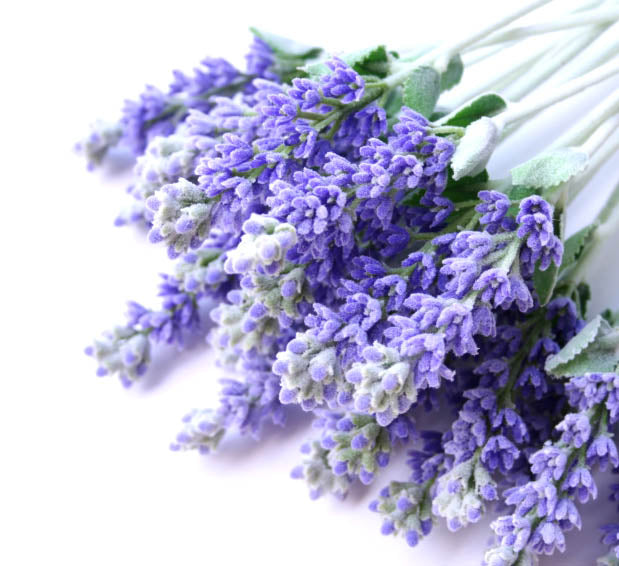
Lavender essential oil - Lavendula angustifolia
Properities: Lavender is a natural antimicrobial, antiseptic, antidepressant, anti-inflammatory, sedative and detoxifier. Its flowery aroma alleviates stress, anxiety and depression.
Applications: Lavender helps ease insomnia, headaches and migraines. It is known to relieve symptoms of colds, flu, and sinusitis if used in inhalations or vaporizers.
It soothes burns, acne, eczema, sunburn, and relieves insect bites. It promotes cell growth and is effective for stretch marks and for minimizing scarring. Use in a compress, massage or bath to ease muscle aches, pains and sprains.
Our #1 oil for burns. Use undiluted on skin to eliminate heat and reduce scarring. -
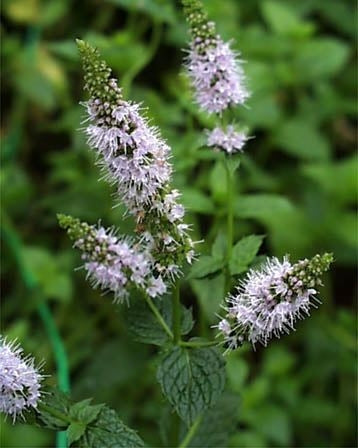
Peppermint essential oil - Mentha piperita
Properties:
Strongly refreshing, cooling, analgesic, antispasmodic, anesthetic, decongestant, expectorant, insecticide and stimulant.
Clears the head and refreshes the spirits, promoting concentration, reducing fatigue, anger and relieving depression and nausea.
Applications: On the body (directly or mix with carrier oil), it has a dual action: cooling when hot and warming when cold. Its cooling and pain-relieving action is renowned for easing headaches, migraines, muscle and joint pain. Wonderful for relieving nausea.
#1 go-to for migraine sufferers. Rub directly onto neck and shoulders to relax muscles and relieve nausea. -
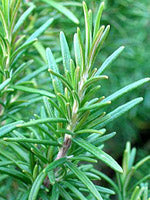
Rosemary - Rosmarinus officinalis
Properties: herbaceous, sweet, and slightly camphorous in aroma. Rosemary essential oil is a stimulant, and it should be used with caution.
Applications: Rosemary essential oil can help increase circulation and relieve pain in the joints.
Rosemary essential oil can help control dandruff, oily scalp and skin, acne, and is said to encourage hair growth. However it should be avoided during pregnancy or if you suffer from high blood pressure or seizures.
Rosemary blends well with any kind of mint and makes an excellent insect repellent. Spray or use in a fragrance warmer to keep bugs away.
-
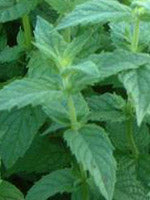
Spearmint - mentha spicata
Properties: With a slightly milder, sweeter aroma than peppermint, spearmint essential oil is an invigorating oil.
Applications: Spearmint essential oil increases alertness, opens up the respiratory system and lifts the spirit. Like lavender, spearmint essential oil can also be used at bedtime to bring about a sense of calm and relaxation. Spearmint essential oil can be used in facial toners.
Spearmint is better suited for children than peppermint essential oil, and is good for stomach aches, nausea and fever.
Spearmint blends well with lavender, jasmine, bergamot, orange and sandalwood. -
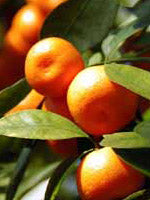
Sweet Orange essential oil - Citrus sinensis
Properties: Antibacterial and anti fungal, sweet orange essential has a sweet, energizing citrus fragrance and is orange in color.
Applications: A wonderful, natural air freshener, mix a few drops in a spritzer bottle with water and experience its antidepressant and calming effects. It refreshes the air and dissipates cooking odors.
As a natural cleaner, mix with water or vinegar, then spritz on countertops to cut grease or gooey residues! Always test a small area as its color may discolor certain finishes. Do not use on skin. -
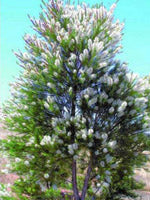
Tea Tree essential oil - Melaleuca alternifolia leaf oil
Properties: Australian Aborigines have been using this indigenous tree in their medications for centuries. Today tea tree is the subject of international research. Its impressive antiviral, antibacterial and antifungal properties make is useful in a wide range of conditions.
Applications: Apply directly to cuts and scrapes or on acne breakouts. Use in inhalations, vaporizers or compresses to help fight colds. It's also effective against rashes and sunburn and promotes healing while guarding from infection. The aroma is an excellent insect repellent. Relieves fungal infections such as nail bed infections and athelete's foot.
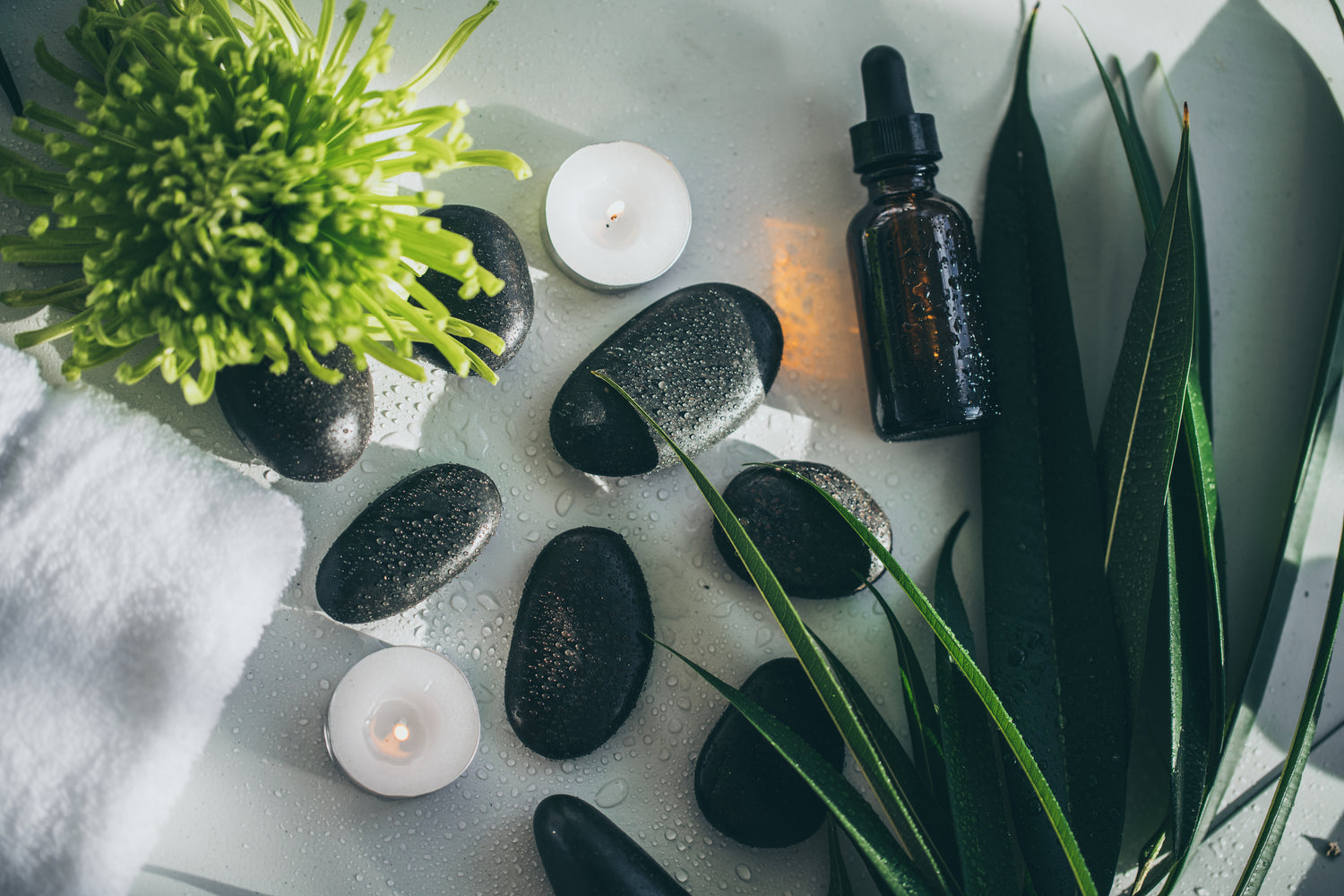
Safe use of essential oils
Essential oils and absolutes are the concentrated essences of various flowers, herbs, fruits and plants. They have been used since ancient times in food & cosmetics and for aromatherapy, spiritual or medicinal purposes.
There are many ways to use essential oils for either their fragrance or therapeutic properties. All of our pure essential oils are therapeutic grade and free of chemicals and are stored and shipped in cobalt blue glass bottles.
Safe application of essential oils:
Safety precautions must always be considered before using essential oils. Most essential oils may cause skin irritations if not diluted in a carrier oil. Some oils may be toxic if taken internally or used in excessive quantities. We do not advocate taking essential oils internally.
Do not use essential oils if any of the following conditions exist: pregnancy, breastfeeding, high blood pressure, epilepsy, open wounds, diabetes, rashes, neurological disorders, or if taking prescription medications or homeopathic remedies. Keep out of reach of children and pets!
Because of their high concentration, a little bit goes a long way! One drop of essential oil is often equal to one ounce or more of the actual plant. The recommended dilution is 1 percent - equaling 9 drops per 1 oz. of base. Base can be a carrier oil (olive, jojoba or almond for example). We highly recommend reading an aromatherapy book to determine the uses, differences and ratios of the different oils.
Important Notice: The FDA has not evaluated the information provided for each of our essential oils. This information is not intended to diagnose, treat, cure or prevent any disease and is for educational purposes only.Do not take any oils internally without consultation from a qualified medical practitioner.
Do not apply undiluted to the skin unless a prior skin patch test shows no irritation.If you are pregnant, epileptic, have liver damage, cancer, or have any other medical problem, use oils only under the proper guidance of a qualified medical practitioner.
Use extreme caution when using oils with children and give children only the gentlest oils at extremely low concentrations. A skin patch test should be conducted prior to using oil that you've never used before.












